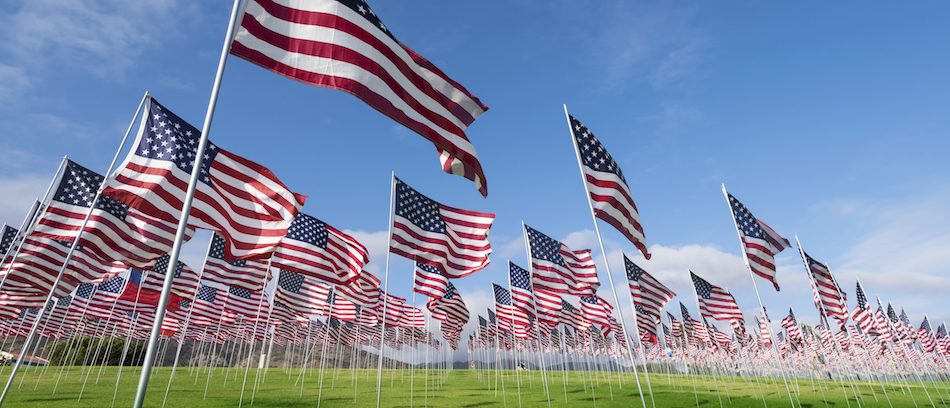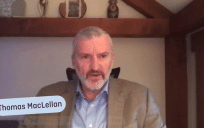![]()
I live in the City of New Haven, CT (#gscia). I am reading a super famous book about cities called City by Douglas Rae. It is one of the best books I have ever read.
It has 12 chapters. This is a 12-blog post series about each chapter. Here are the other posts in the series: Chapter One, Chapter Two, Chapter Three, and Chapter Four.
This post is a little break in the series. I participated in a Story Slam called “Becoming American”. This is the story I read.
—
Above is a video snippet of the story I read.
The first time I was alone with my girlfriend Elizabeth (who uses gender neutral pronouns) was on the New Haven Green. I had seen them talk, all long fingers and strong words, at a youth organizing speakout— and had asked to meet to see in what ways I could help with their work. Plus, I thought they were really cute.
But the conversation had a much slower crescendo than I expected. We didn’t discuss logistics or contacts or sending gcal invites. Instead, we talked about why I stayed in New Haven after Yale, why they thought narrative was important in youth organizing, the book that they were writing. The notebook I brought to take notes was tucked away; I was too busy focusing on other things I wanted to remember for later.
At one point, they asked me:
“What is your stake in New Haven?”
So, at the time, I was pretty intimidated. I just wanted them to like me & think I was cute too & that I wasn’t going to leave New Haven. That I wasn’t going to leave them.
But now, I think of that question as an important and beautiful way of telling me that building something in a city starts by building your own stake in that city. That building something with them starts by building my own stake with them.
If you have stake, that means you love something, own something, are responsible for something, and can risk something.
—
When thinking about Becoming American, I bet we all thought a lot about the word “becoming”. And one thing I found was that it felt inseparable from this idea of building a stake where you are.
To become American is to build a stake in America — which means loving it, owning it, being responsible for it, fighting it, pushing it, rejecting it & then returning to it, being hurt by it, finding joy in it.
And for me, specifically, most of becoming American has been about becoming a New Havener:
Loving its people for holding me accountable to investing consistently and responsibly.
Feeling ease and familiarity with its streets — hills to let go of the brakes, the potholes to avoid.
Defending it from outside perceptions limiting its capacity to downtown restaurants.
Listening hard at its community meetings to wariness of institutions that make up my own identity.
Finding places within it for peace when I need space and distance from the rest of it.
Being available for hurt when its leadership — or our own selves — let us down.
And, of course, falling in love within it — embedding first dates and anniversaries into Grand Avenue, Chapel Street, and, of course, the New Haven Green.
Caroline Smith is part of the GovLoop Featured Blogger program, where we feature blog posts by government voices from all across the country (and world!). To see more Featured Blogger posts, click here.





It is phrase that has been used by every President to conclude a speech since Richard Nixon addressed the nation regarding the Watergate scandal in 1973, “God Bless America.” Young people who are attractive, healthy and exhibit good qualities are categorized as all-American. This widespread use of the term “America” and its derivatives raises an important geographical and diversity question, “Is America a Country or Continent?”
There are many countries but only seven continents, Africa, North and South America, Antarctica, Asia, Australia and Europe. North America and South America are connected by a group of Spanish speaking countries known as Central America.
The frequent use of the term “America” as a substitute for the term USA, reinforces an unconscious bias toward people from the Spanish speaking part of the world, that an informal order of the Americas exist with the USA’s “America” at the top.
As the USA population diversifies and private and public sectors compete for the best talent to meet the demands of a fast paced world, it is imperative that we recognize how language can effect our interactions.
Folks from South, Central and Latin America are Americans too.